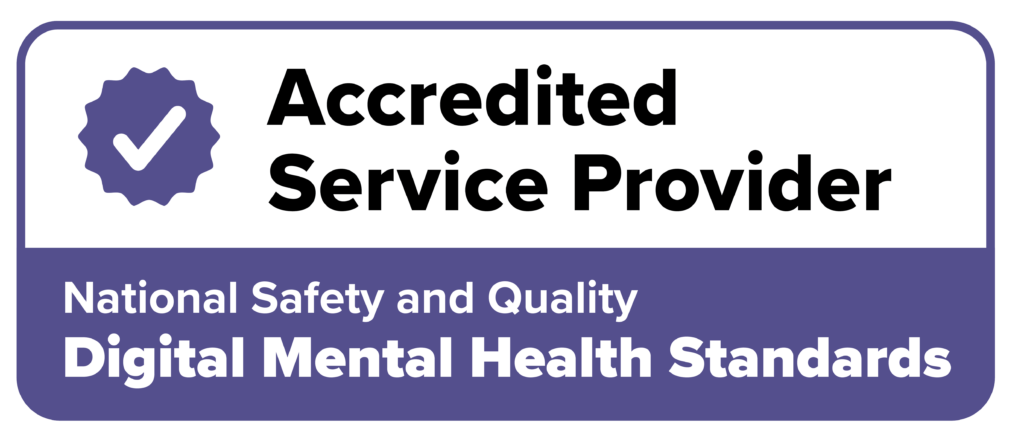While there has been a much-needed focus on violence, abuse, neglect and exploitation in institutions, aged care, and for people with disability and First Nations peoples, it is additionally important to focus on trauma in the home and family. The damaging effects of family violence, and children ‘witnessing’ such violence and the fear and helplessness it invokes have been the subject of many inquiries and community responses. Needless to say, there is still a lot to do to achieve the attitudinal and behavioural change needed to make a real difference.
This article however focusses more on the scourge of childhood abuse including online exploitation in the home and family – sexual, physical or emotional abuse as well as the effects of neglect – what a child does not receive physically and emotionally. The home is often seen as sacrosanct and what happens within it as ‘family business’ alone. Caregivers and parents have ready access to their children, and children depend on them for their very survival. Children are less likely to disclose, more confused and conflicted, overwhelmed by shame and self-blame, fundamentally betrayed, and often unsafe. Secrecy and silence abound, and society and governments have historically often been ‘hands off’. However the home and family are often not so safe, and abuse, neglect and exploitation occur not uncommonly.
The harsh reality is that trauma, in all the above forms, in childhood, can affect the way a child develops – brain, body and mind. If a child experiences a traumatic event/s during a critical developmental period, it can take longer for the child to develop the skills that most other children develop at that age. The good news is that with support, care and nurture later on, the child, young person and/or adult they become can still build those skills later in life.
Every child ideally has at least one reliable caregiver or parent – a person to help the child to feel understood and build a healthy bond with them. This helps the child to develop a secure attachment as a model for safe and healthy relationships through life. It is also a time when the brain is growing and changing rapidly, and when trauma can impact a range of developmental activities at different ages. When a child does not experience consistent or reliable caregiving, the child can find it harder to cope with everyday stress as well as trauma. The child might learn how to regulate their emotions or to self-soothe when they experience distress. These are skills which can definitely be learnt later on, once the person feels and is safe and supported.
Of course, not every child does have a reliable caregiver – someone who is attuned to them and who can help them make sense of their feelings and reactions, and the world around them. It is important to understand that lack of a reliable caregiver does not mean that a person cannot acquire new skills later on. While it can take time, and hope can be elusive, repair and healing is always possible.
A big step to healing is connecting what happened in childhood to current challenges, and learning self-compassion to negate the strong feelings of self-blame and shame many survivors of family abuse, in particular, experience. Being told repeatedly that you are worthless and having your feelings negated, or being brutalised by the person who is meant to care and nurture you creates fear, distress and a lot of confusion. It is a primary betrayal and growing up finding it hard to trust others and feel safe makes a lot of sense if that was your experience. Part of healing is finding a reality and sense of safety and learning how to trust others.
When a child is hungry, caregivers usually feed the child. When a child is upset, caregivers usually comfort the child. When a child is frightened, caregivers usually help the child feel safe. Sometimes however caregivers may have their own difficulties which prevent them from providing the support that the child needs and wants – often despite the best intentions. Some caregivers might misuse drugs and alcohol, experience violence and abuse or have mental health issues. These difficulties can mean the caregiver cannot always notice and understand what the child needs. Constantly missing or misunderstanding the needs of the child can affect the way the caregiver and child attach or bond.
Children with trauma experiences can and often develop into adaptive, resourceful and resilient adults. This is because the brain is neuroplastic and can repair right through life. Good support can support the process of repair, with a path to healing, acquiring and strengthening the skills, internal resources, and support networks which were not available when they were children.






